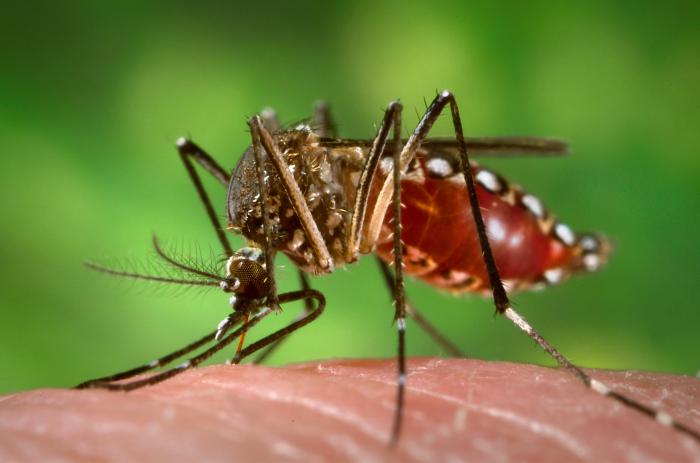
by Andrew Maynard | Mar 29, 2016 | Emerging Technology, Nanotechnology, Public Health, Risk, Technology Innovation
Back in 2008, carbon nanotubes – exceptionally fine tubes made up of carbon atoms – were making headlines. A new study from the U.K. had just shown that, under some conditions, these long, slender fiber-like tubes could cause harm in mice in the same way that some...

by Andrew Maynard | Mar 28, 2016 | Public Health, Risk Bites
Peanut allergy continues to increase, and affects an estimated 1% – 3% of the population in Western countries. Yet we’re still not clear what the cause is. A recent British study though is indicating that exposing infants to peanuts early in their life...

by Andrew Maynard | Mar 12, 2016 | Civic Science, Education, Engagement, Public Health, Responsible Innovation, Risk
The water crisis in Flint, Michigan, has been in the national headlines for months, culminating in its central role at a recent debate in the city when Democratic presidential hopefuls Bernie Sanders and Hillary Clinton slammed government officials for dismissing the...

by Andrew Maynard | Feb 3, 2016 | Emerging Technology, Public Health, Risk, Synthetic Biology
In just a few short weeks, Zika has shot from being an obscure infection to a headline-hitting public health disaster. The virus is spreading rapidly across the Americas (and potentially beyond), is suspected of being associated with birth defects that affect brain...

by Andrew Maynard | Jan 27, 2016 | Civic Science, Society
Early in 2015, a group calling itself the Nappy Science Gang hit the parenting scene in the U.K. It was made up of moms and dads who used cloth nappies – or diapers – with their kids, and wanted to know the best ways to keep them clean and safe. The Nappy Science Gang...






